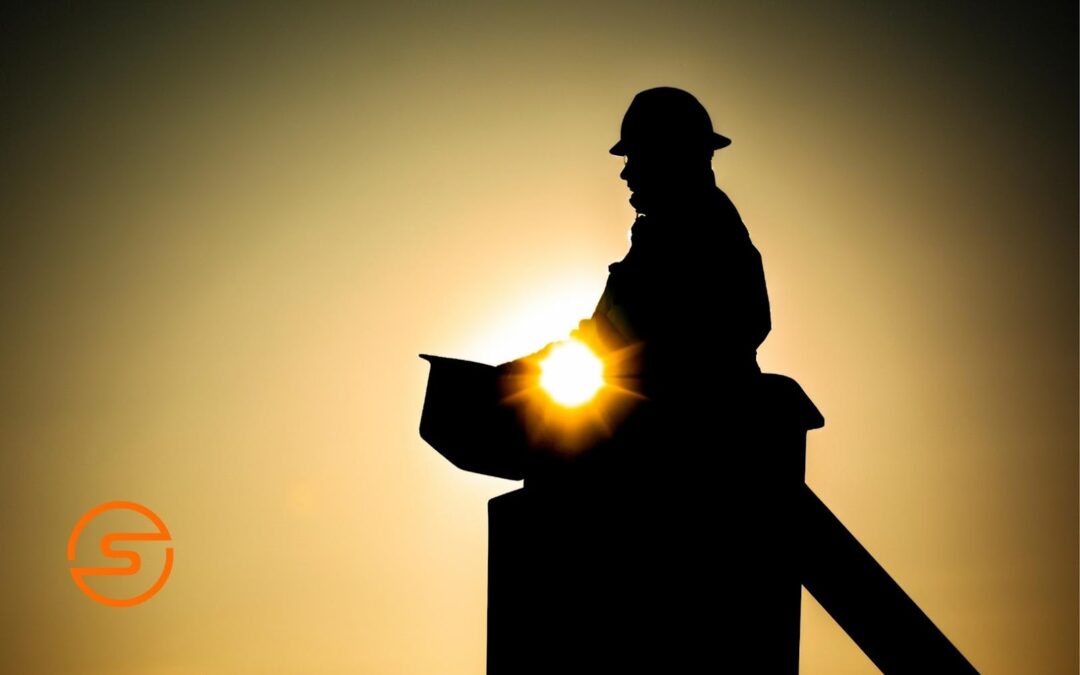When you think of “first responders,” you usually think of firemen, policemen, or EMT’s. When disasters such as tornadoes, wildfires, explosions, earthquakes, hurricanes, and storms hit, it is natural to think about the people who engage in rescue and evacuation operations, or who provide needed medical care to the injured or displaced.
But there is another contingent of first responders who often get overlooked, yet their work is as critical and life-saving as any other frontline worker. And these are the lone workers who go out and repair electrical lines.
Why Linemen Often Have to Operate as Lone Workers
Linemen are called out in the worst local and national emergencies. They restore power to areas where disasters have struck, and the linemen who take on this dangerous job save lives. They get the heat back on in frigid weather. They restore power to homes and buildings that provide shelter, food, and supplies. They keep hospitals and other service facilities running. They keep water pumping stations online, and make communications systems operational. In really bad situations, it takes a lot of them to do this. And when there are not enough to go around, you will find lone workers.
Most people are not aware of it, but the major power utility companies participate in a mutual aid program, in which they can request linemen from other companies across the country to respond to emergencies when needed. And while this sounds like a pretty good system–which it is–the reality is that the system does not always work as well as you would hope.
According to Industrial Safety and Hygiene News, back in 2013, four days before hurricane Sandy hit the East Coast, Con Edison requested 1800 linemen through this program. It got 32. Three days later, as the hurricane came closer and its likely impact was more apparent, Con Edison put out another request, this time for 2500 linemen. Only 171 responded.
The fact is, many utilities have trouble hiring enough linemen just to make sure that their own systems stay online, let alone enough to respond to large disasters. The implications of this are obvious: if there are not enough linemen available to respond to problems, the higher the likelihood that they will be lone workers, sent out on their own to respond to a power problem, without other crew.
When you are a lone worker, safety concerns increase. The fact is, being a lineman is dangerous even under the best conditions. Typically, the job means:
- Working with high voltage lines
- Working at heights
- Working in confined or otherwise difficult spaces
- Working in bad weather
Working under these conditions is risky, but being a lone worker creates additional risks. An additional crew member not only provides practical assistance with a difficult repair, but the additional set of eyes means that crew members provide situational awareness to each other and support in making sure all safety protocols are being followed.
How Can We Make Lone Workers Safer?
The lack of a sufficient number of linemen to meet the industry’s demands is not a problem that has a quick fix. So what can be done to protect lone workers?
Well, one thing is to give lone workers as many tools as possible to enhance their safety. And one critical tool that can save lives is a voltage and current detector. This is especially helpful for lone workers who need to focus their attention on the problem at hand, without another crew member to provide assistance and support.
At Safeguard, our state-of-the-art voltage and current detector can save lives, and it has already saved lives. The Compass detector is lightweight, easy to operate, and clips directly onto a standard hard-hat. It has adjustable settings that can indicate the distance from an energized field, and is color-coded to denote whether the field is voltage or current. It has a 360 degree field of detection, and directional indicators to inform a lone worker where the threat is located. In short, the Compass provides lone workers with a “sixth sense” to detect a danger that cannot be seen, felt, or heard.
Lone workers do a dangerous and important job. Our goal at Safeguard is to do our part to eliminate one of the most dangerous parts of their job: deaths and injuries from electrocution. Call Safeguard today to find out how our products are saving the lives of lone workers.
Views: 1

